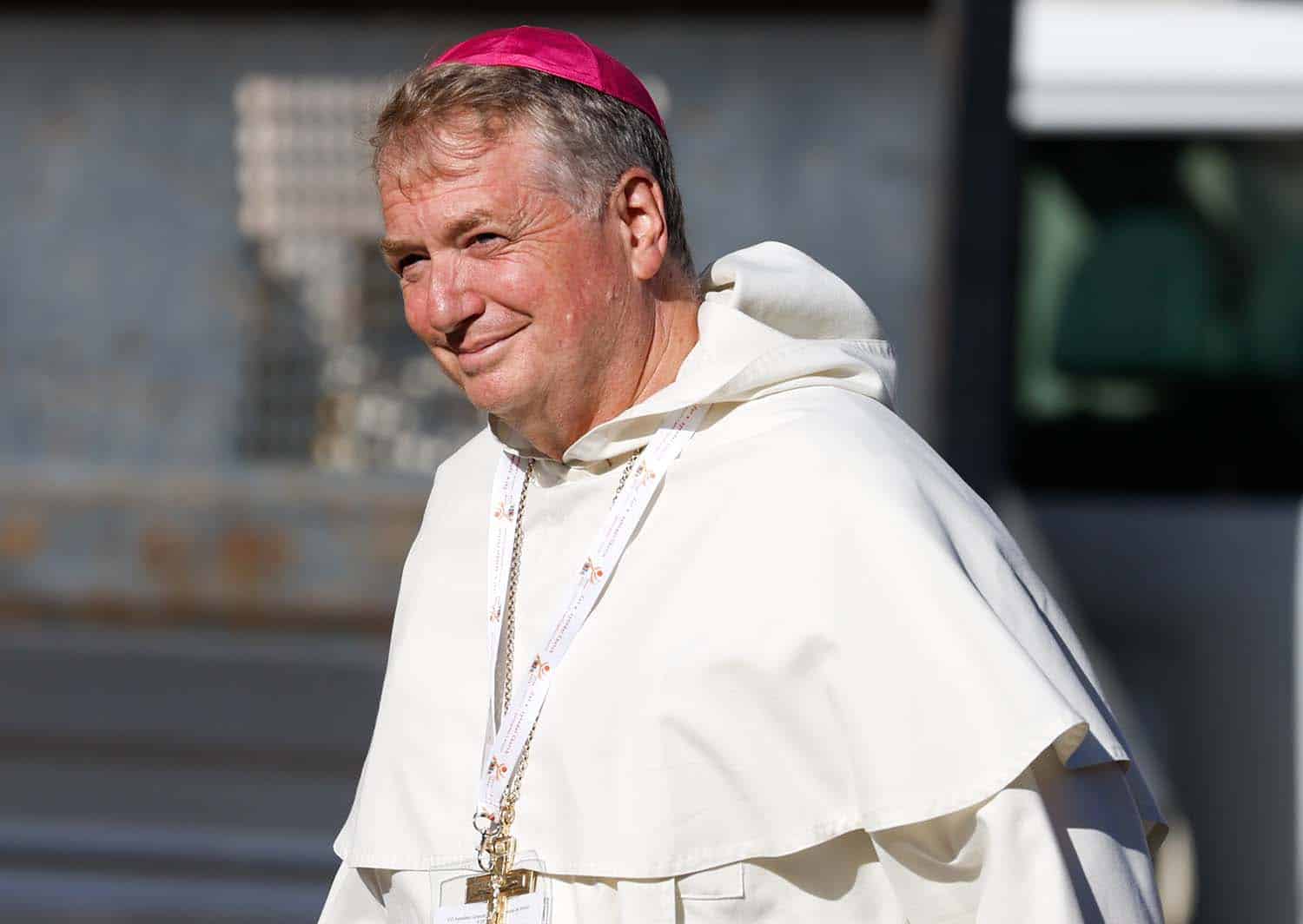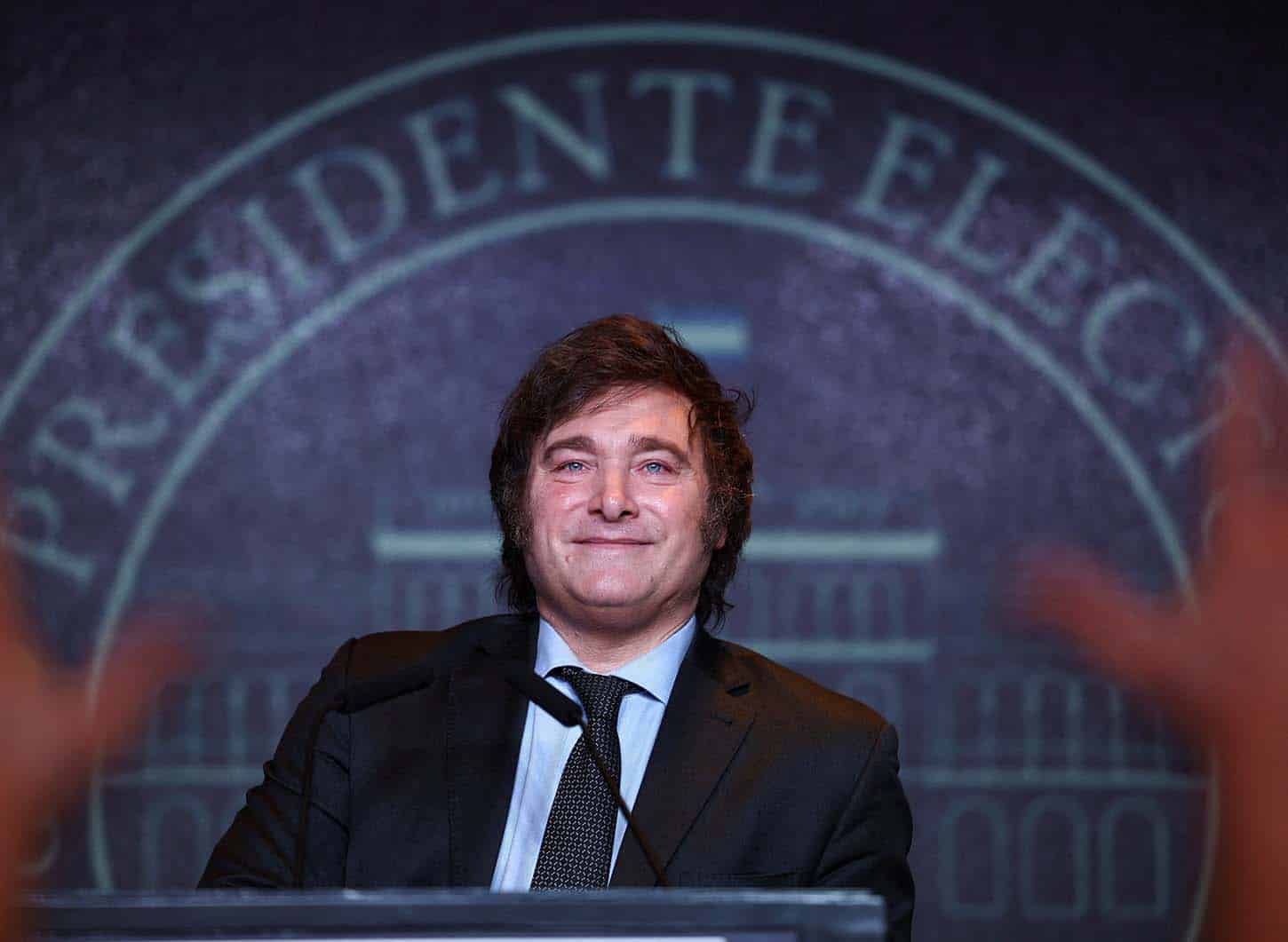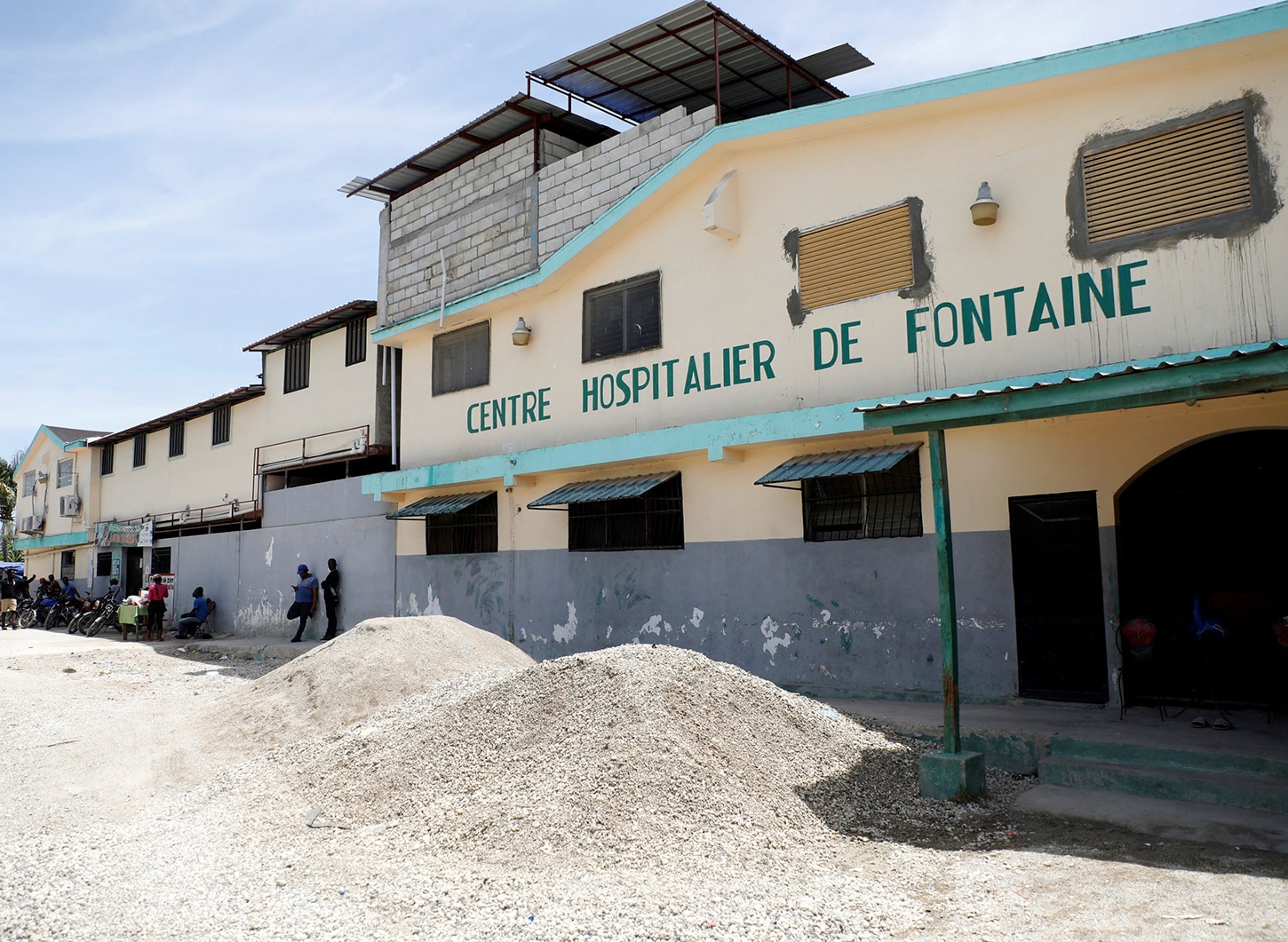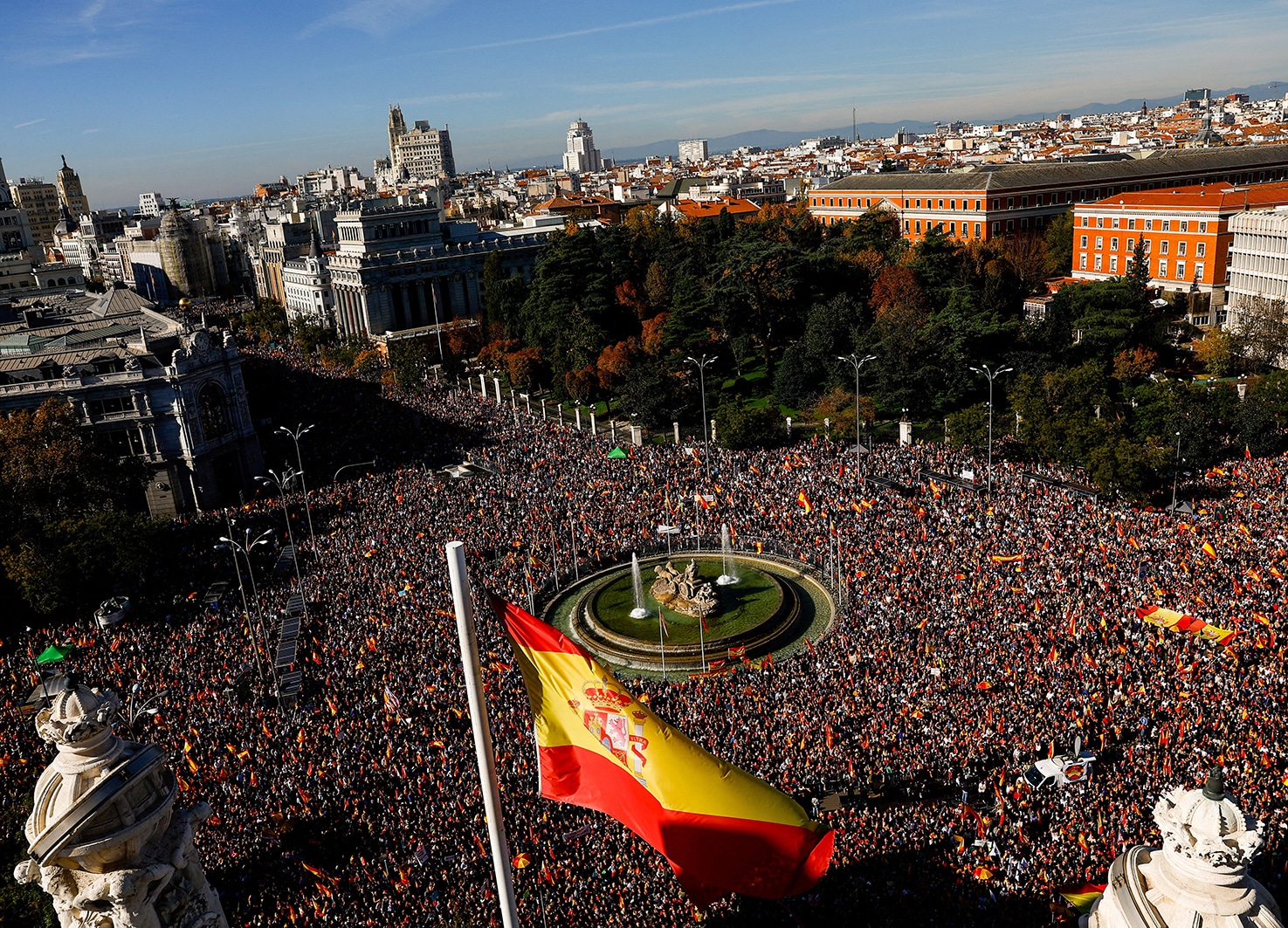SYDNEY (OSV News) — Proposals from the Synod on Synodality can be judged by whether they call men and women to holiness, as the church does more work “to ensure a genuinely Catholic understanding of synodality, inclusion and discernment,” Archbishop Anthony Fisher of Sydney has written.
In a wide-ranging pastoral letter published Nov. 20, “Walking Together in Communion, Participation and Mission,” Archbishop Fisher concludes that the saints remind the synod of “what the Church is for.”
“So one useful criterion for judging every Synod proposal is: Is it likely, by God’s grace, to generate more … holy men and women, such as our Church and world so sorely need?” he wrote.
The Synod on Synodality
Archbishop Fisher is a member of the Ordinary Council of the Synod Secretariat and joined delegates in Rome during the month of October for the first assembly.
At Pope Francis’ initiative, the synod included lay voting delegates in addition to bishops for the first time.
The synod, which will conclude with a second assembly in October 2024, has grappled with “hot-button” issues — like women’s ordination, the blessing of same-sex unions, clerical celibacy, and Communion for the divorced and remarried — in addition to proposals about the church’s governance and pastoral style.
Strengths and weaknesses
In his letter, the archbishop drew particular attention to the strengths and weaknesses of the “conversations in the Spirit” method that has come to prominence during the synodal process.
On the contentious topics, it was used to “pour oil on troubled waters, getting people to stop, listen and understand before judging or arguing,” he wrote.
Yet despite this strength, the method was challenged by the need to discern what weight to give competing proposals, and as a result, “a different method will surely be required next time around,” the archbishop said.
“Deep listening to each other, expressing feelings, resonating in table groups, will not always help us find what is true and right,” Archbishop Fisher wrote.
“Some views may be half-baked, in need of nuance, or plain contrary to the apostolic tradition and the Church’s magisterium,” he added.
“Others might be genuinely prophetic, creative adaptations of the tradition, or helpful reformulations and actions,” he said.
“But the method used in this first assembly didn’t really help to clarify which are which. A different method will surely be required next time around,” he stressed.
Enuring key themes are truly Catholic
Archbishop Fisher also drew parallels between the church and the Holy Father’s environmental teaching — that God’s creation is not “our plaything, to exploit and damage at will.”
“So, too, I would suggest, we must challenge attitudes to our common home the Church — refusing to treat it as our plaything, subservient to our interests and ideologies, to be remade at will,” Archbishop Fisher wrote.
The archbishop wrote that more work is needed to ensure key themes from the synod — in particular the ‘sensus fidei’ (sense of the faith), listening, inclusivity, and discernment — were authentically Catholic.
“Some mistakenly believe that the ‘sensus fidei‘ is simply an opinion poll of Catholics or even the strong opinion of an individual,” Archbishop Fisher wrote.
“But in its Constitution on the Church, the Second Vatican Council taught that … it is about receiving the faith, not deciding it,” he said, adding that this “requires participation in the life of the Church, listening to the word of God, openness to reason, adherence to the magisterium, holiness (evident in humility, freedom and joy), and seeking to build up the Church.”
Listening therefore “does not mean abandoning what has been revealed by God or refitting our faith and morality for the current fashions,” the archbishop continued.
“The Synod demonstrated that we can listen to the experiences of others with genuine Christian charity and without compromising truth, accompanying those struggling to accept the Church’s teaching or live it.”
Call to conversion
Likewise, while Christ calls all to an “ever-more inclusive community of faith,” he also calls us to an “ever-deeper conversion,” the archbishop said.
And discerning the will of the Holy Spirit requires “a Christological ear,” the archbishop wrote, because “the Holy Spirit only ever says things consistent with what Christ has said in the apostolic tradition: contrary views cannot be from the Holy Spirit, as this would imply rivalry between him and Christ.”
While there was tension at the synod, Archbishop Fisher wrote that the experience had been respectful, and had successfully and fraternally brought together Catholic leaders from across the world, including leaders of the Eastern Catholic churches.
“One of the things I most valued about this Synod was the way it expressed the richness and universality of the Catholic Church,” he wrote.
“I now count several bishops and lay leaders from around the world as new friends, and that is another thing I will treasure from this synod.”
He also noted that Australia was well-represented by bishops, experts and lay delegates, who “punched well above their weight.”
The witness of Christians suffering war and persecution meant “the hot-button issues seemed minor by comparison,” Archbishop Fisher also wrote.
Adam Wesselinoff writes for OSV News from Sydney. He is an editor of Catholic Weekly.







